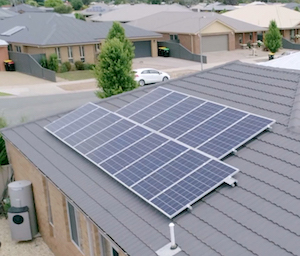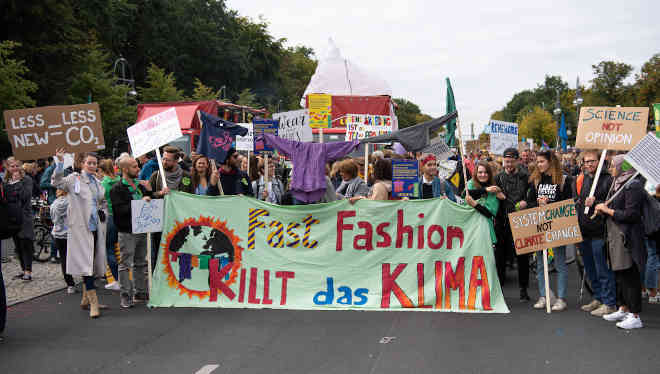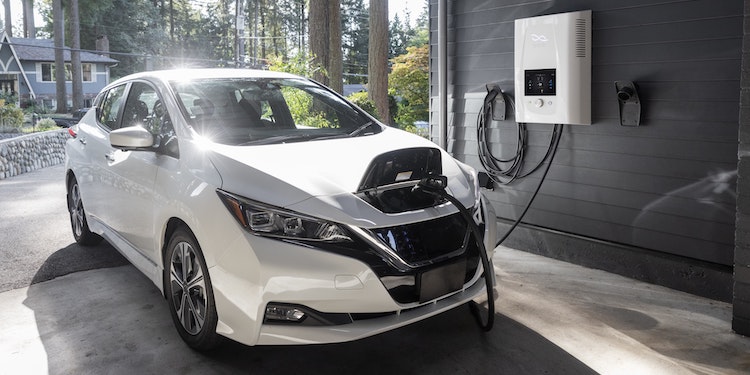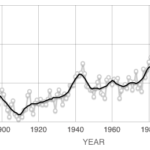The world is in a sorry state right now. Not only a brutal unjustified invasion of Ukraine with its accompanying atrocities, not only anti-democracy movements in many counties, but climate catastrophes.
Record, unprecedented flooding in Europe, Pakistan and Australia. Fierce wildfires in the US, Europe and Australia. Destructive storms in the US and Japan. Worsening drought in north Africa. Submerged land and salinisation in Pacific nations.
It is now clear to all but the most confused or blind that the world’s climate is changing and causing enormous destruction and hardship. The scientists were right; the vested interests have been shown to be wrong, many of them wilfully and dishonestly preferring profit to truth.
I hope readers of this blog, and all christians, recognise that if we allow carbon emissions to continue to grow, we will be damaging God’s creation, eliminating many species that he created, and causing great harm and destruction to people, most of whom did little to cause the problem.
What can we do?
Most of us want to make a difference, but we also want to avoid too much change and loss of lifestyle. But as christians we have a higher calling, to love God and to love our neighbours.
- Surely loving God means loving his creation?
- And even more surely, loving neighbour means caring for every human being, especially those with no voice, power or means – and that includes those suffering drought, famine, flood, fire and other calamities exacerbated by climate change.
Some facts
Some christians used to say that we couldn’t affect the climate, only God could do that. But it is now clear that the world God created is delicately balanced in many ways. The amount of carbon dioxide in the atmosphere is one such balance, and we are changing that balance. We are doing it, and we can reduce the impact.
Others seem to believe that the world is about to end and therefore we need do nothing. But:
- The early christians thought Jesus was coming back in their lifetime, but almost two millennia later we are still waiting. We are told not to try to predict the end, but to keep living faithfully regardless.
- I wonder if those who think we need do nothing would be willing to swap places with a resident of Ethiopia, or Tuvalu or Bangladesh? Loving those neighbours means we must help them now.
So here are 8 actions ordinary people can take to make a genuine difference. We won’t all be able to do them all, but we can begin with the first two and as many of the rest as we can.
To play our part, Australians need to reduce our emissions from about 15 tonnes/year per capita to about 2 tonnes/year. US residents will need to reduce a little more to get to the target of 2 tonnes/year/person, Europeans a little less – because some of our countries are starting from lower average emissions than others.
The following 8 actions, starting with the most important, can make an enormous difference.
1. Vote for action
Governments which set emissions reductions targets, promote and subsidise renewable energy and electric vehicles, and leave coal in the ground are the single most important means of combating climate change. Without strong government action, we won’t get there.
Our vote matters, whether it be at national, state or local elections. We need to put climate at or near the top of our priority list in future elections. Of course there are other issues of concern for christians, but this is surely one of the most important.
If we feel we can’t in conscience vote for the party which offers the most effective climate policies, surely we should be working tirelessly to change the policies of the party we can support!?
2. Use wealth carefully
Rich and luxury lifestyles are especially harmful. Globally, the 10% most wealthy cause 50% of the emissions.
Most readers of this blog would live in a country in the top 10% of world incomes and assets, so we have great responsibility. We need to consume less.
The very rich have even greater responsibility. Opulent, destructive and wasteful lifestyles must change.
3. Limit family size
More controversial, but certainly impactful, slowing global population increase will always be beneficial. Small family sizes reduce carbon emissions. Other factors are involved in decisions about family size, but climate impacts are worth at least considering. Adoption is an option that loves a poor neighbour in other ways too.
4. Green transport
Transportation is a major source of greenhouse emissions. One or more of these actions will be important to reduce emissions:
- use of electric cars (and anything other than private petrol driven cars), especially after electricity generation is made renewable,
- reducing air travel (plus purchasing carbon offsets),
- cycling, walking, public transport and car-pooling.

5. Domestic energy
Rooftop solar and/or purchasing green energy are important and should be considered by everyone who can afford it.
Green energy will cost more, but is important in shifting government policy and the priorities of energy generators. Rooftop solar may cost more upfront but will be a saving in the long run.
6. Food
Cattle generate greenhouse gases, and agriculture is a significant source of greenhouse gas emissions. So shifting our diet towards white meat or other forms of protein, or starting a plant-based diet, will all be helpful.
7. Consumption
All goods generate carbon emissions in manufacture and transport. Reducing consumption generally is more important than we might think.
Fashion is a larger source of emissions than you might expect, so:
- reducing our dependence on fast fashion,
- buying quality clothes and then wearing them until they wear out,
- buying more sustainable, ethical and slave-free clothing, and
- recycling at op shops or fabic recyclers ….
…. will reduce emissions, provide a fairer wage to garment workers, and benefit the environment generally by reducing waste.

8. Do the small things
Many small changes can make a difference when added together. ThIngs like:
- use energy efficient light globes;
- set air conditioners to less power hungry levels;
- wash clothes in cold water;
- dry clothes on lines rather than in electric dryers;
- plant trees; and
- turn off power (lights, computers, appliances, etc) when not in use.
Will we or won’t we?
No-one likes to be told what to do. And most of us want to hold onto the luxuries we have. I’m no different.
But the world is depending on us. The very existence of Pacific island nations is under threat. Poorer nations around the world, who have contributed less to the problem than we have, are suffering.
The changes aren’t as drastic as we might first think (except for the very rich). We might find the slightly simpler and less consumptive life less stressful and more enjoyable.
But the choice is ours. What would Jesus do?
Check out the details
Read the basis for these actions and the various estimates of savings, in Lifestyle choices we can make to reduce climate change.
Main photo by Eren Goldman on Unsplash. Rooftop solar panel photo, courtesy of Climate Council (Australia). Fast fashion demonstration photo by Stefan Müller (in Wikipedia).





It’s a sad fact, my country was on the right track fifteen years ago but then union parties and liberals ended energy shift because of prices, but it was just fear making, and now energy prices are higher than ever, i haven’t voted for them since that, only socialdemocrats and greens now
How is that in australia?
I would love an electric car but they are unaffordable and unobtainable in Australia right now.
Hopefully that will change.
Hi Hein, I’m sorry I missed your comment. It is the same in Australia. 15 years ago we elected a government that started taking action on climate, but was foiled by a combination of over-zealous Greens, cynical conservatives, a powerful mining lobby and internal party fighting. Then we had a decade of mindless self-serving opposition to recognising the world had a problem, brought about more or less by the mining industry taking over the government (mining industry executives getting senior jobs in government and retired government ministers getting cosy jobs in the mining industry). Only now have we elected a government and a bunch of Independents who are taking action, albeit too cautiously so far.
“I would love an electric car but they are unaffordable and unobtainable in Australia right now.”
If only the country had elected Bill Shorten 3.5 years ago, we’d have been much further down that track!
“If only the country had elected Bill Shorten 3.5 years ago, we’d have been much further down that track!”
Yes, I think that’s true, but I don’t think that the Albanese government is doing as much as they could.
They could for example promise to electrify the Commonwealth car fleet, putting our money where their mouth is and lead by example.
If Albo and his Ministers swap their petrol BMWs for EVs that would send a pretty clear message of their priorities.
Agree, agree, agree!
“If Albo and his Ministers swap their petrol BMWs for EVs that would send a pretty clear message of their priorities.”
From the SMH today:
“Tax breaks to cut cost of electric cars
Electric vehicles are set to become up to $12,500 cheaper after the federal government reached a deal on new laws that are expected to accelerate the shift away from petrol and diesel cars. The changes do not cut the retail prices, but will instead offer fringe benefits tax exemptions for vehicles under the luxury car tax threshold of $84,916.
This will make electric vehicles more attractive to businesses and workers that have cars included in remuneration packages, while boosting supply on the second-hand market. The Greens and independent senator David Pocock agreed to support the laws on the condition that the tax breaks only apply to plug-in hybrid vehicles until April 2025. The government also agreed to stop buying petrol and diesel vehicles and electrify its fleet.”